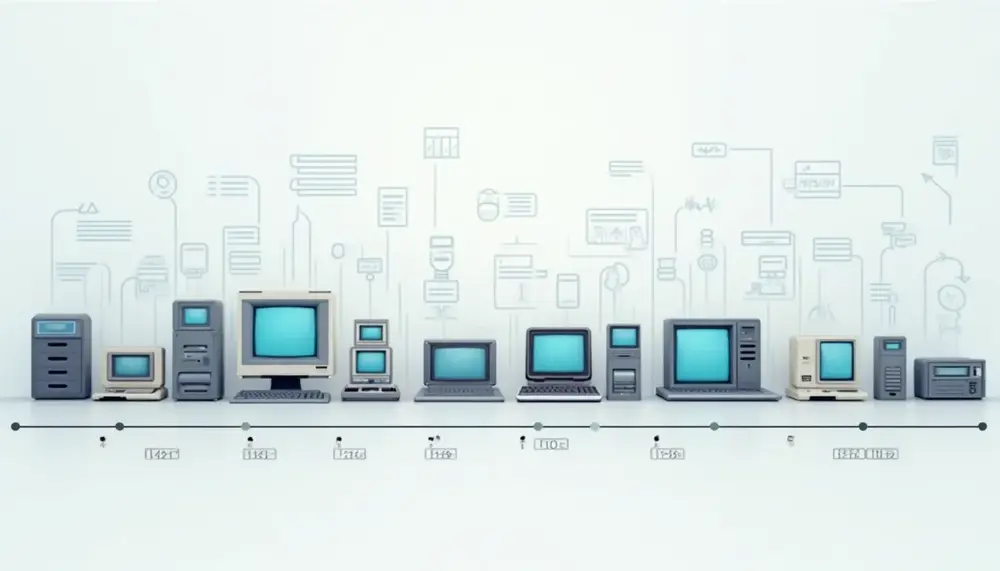Posts on the Topic Processes

The knowledge management template is a strategic tool that helps organizations streamline information processes, enhance collaboration, and retain critical knowledge for improved efficiency. Its adaptability and multi-format support foster continuous learning and better decision-making across diverse user groups....

The Zack Knowledge Management Model aims to systematically manage knowledge within organizations, enhancing decision-making, innovation, and collaboration for improved performance. It emphasizes active knowledge use, efficient processes, continuous learning, and effective distribution of information among employees....

Knowledge Management (KM) focuses on systematically capturing, storing, sharing, and utilizing knowledge to enhance organizational efficiency and innovation through effective systems and processes. The book "Knowledge Management: Systems and Processes" offers practical strategies for implementing KM in organizations while emphasizing...

Management Information Systems (MIS) integrate data, technology, people, and processes to enhance decision-making and organizational efficiency, evolving from manual systems to advanced cloud solutions. Their development reflects technological advancements that have transformed business strategies while presenting challenges like implementation costs...

True knowledge sharing means intentionally exchanging not just information but also experience and insights, fostering innovation, resilience, and collective growth. Organizations that nurture open knowledge flows gain a competitive edge by enabling faster learning, better decision-making, and adaptability....

The National Accreditation Board for Hospitals and Healthcare Providers (NABH) drives excellence in healthcare by setting patient-centric, safe, and efficient care standards. Its focus on Information Management Systems ensures data accuracy, security, interoperability, and continuous improvement to enhance operational efficiency...

Knowledge sharing in Communities of Practice (CoPs) fosters collaboration, innovation, and collective growth through trust, clear goals, diverse perspectives, and technology. By integrating structured processes with flexibility and leveraging digital tools, CoPs create dynamic ecosystems that empower members to solve...

Knowledge management questionnaires are strategic tools that bridge tacit and explicit knowledge, fostering collaboration, identifying gaps, and enhancing decision-making. By being well-designed and thoughtfully implemented, they empower organizations to uncover insights, improve workflows, build trust among teams, and drive innovation...

Knowledge Management (KM) is essential for organizations to efficiently share and utilize knowledge, relying on pillars like technology, processes, people, and culture to foster innovation and adaptability. Technology acts as the backbone of KM by facilitating information access and collaboration,...

The article explores the theoretical foundations of information management systems, emphasizing their role in structuring and optimizing data processes within organizations. It highlights various theories like Transactive Memory System and Impression Management Theory, discussing their benefits and challenges in enhancing...

Understanding knowledge storage involves recognizing the systems and processes that retain both explicit and tacit information, enhancing decision-making and productivity while facing challenges like data silos. Technology, including cloud computing and AI, plays a crucial role in modernizing these systems...

Management Information Systems (MIS) are crucial for modern businesses, aiding in data management and decision-making to enhance efficiency and competitiveness. GMU's MIS program equips students with practical skills through a curriculum that includes data management, system analysis, programming, and project...

A Knowledge Management System (KMS) is a technology-based solution that facilitates the collection, organization, sharing, and utilization of knowledge within an organization to enhance decision-making, foster innovation, and improve productivity. By integrating various tools and processes for handling explicit and...

A knowledge management system value chain helps organizations streamline their processes by capturing, sharing, and utilizing knowledge efficiently. Understanding this value chain can enhance decision-making, foster collaboration, and provide a competitive edge through improved performance and innovation....

Knowledge sharing and collaboration are essential in today's business environment for driving innovation, improving processes, and enhancing decision-making. By fostering a culture of open communication, trust, clear objectives, access to resources, and continuous training while leveraging digital tools and addressing...

Continuous improvement is vital for businesses, and a knowledge management system (KMS) supports this by capturing, organizing, and sharing valuable insights across the organization. Implementing an effective KMS enhances operations through collective expertise, avoids repeated mistakes, fosters collaboration, standardizes best...

Knowledge management systems (KMS) and processes are essential for capturing, storing, and sharing valuable information within organizations to enhance decision-making, efficiency, and innovation. Effective KMS feature user-friendly interfaces, advanced search capabilities, integration with other systems, security controls, collaboration tools, version...

Evaluating knowledge management systems (KMS) is essential for optimizing information flow, improving decision-making processes, and ensuring alignment with organizational goals. This guide outlines key criteria such as usability, scalability, integration, security, support, maintenance costs, and steps like reviewing documented frameworks...

Staying updated with the latest knowledge management system journals is crucial for professionals to stay informed about new trends, technologies, and best practices. These journals offer peer-reviewed articles, case studies, and research findings that help improve organizational knowledge management initiatives...

Knowledge Management (KM) is crucial for modern businesses but faces challenges such as resistance to change, ineffective knowledge sharing, technological issues, and cultural barriers. By identifying these obstacles and implementing strategies like clear communication of benefits, training, leadership support, creating...

The article discusses the importance of efficient knowledge retrieval in today's fast-paced world and explores various techniques to enhance this skill, such as quick fire quizzes, self-explanation, and summarizing. Mastering these methods can improve productivity, decision-making, continuous learning, and reduce...








